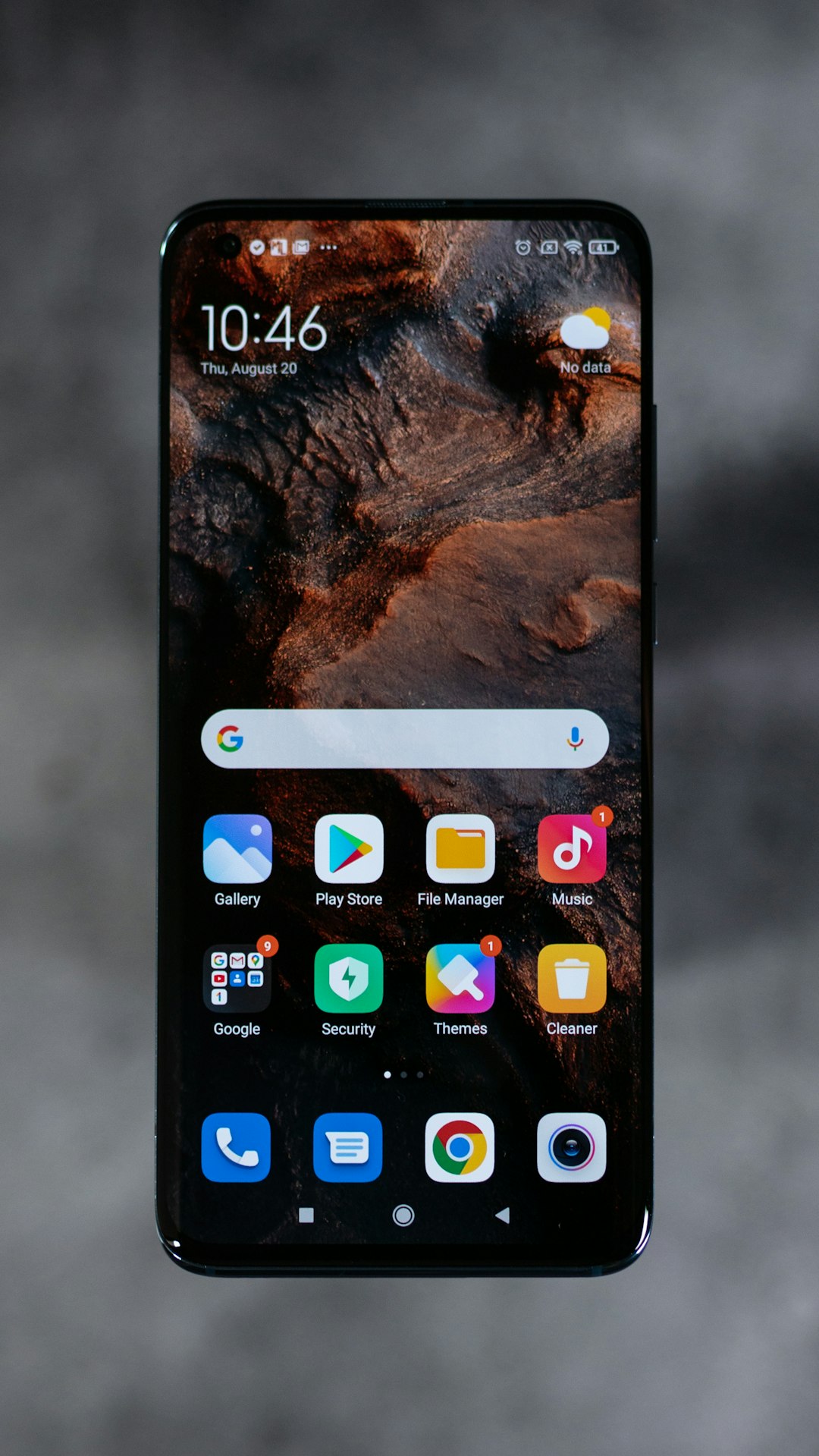In Illinois, the Telephone Consumer Protection Act (TCPA) protects consumers from unwanted robocalls for marketing without prior consent. To sue for robocalls in Illinois, thoroughly document your experience by collecting evidence such as caller numbers, scripts, voicemails, and timestamps. Reach out to local media outlets covering technology and consumer affairs, sharing a compelling narrative of your robocall experience and legal options like suing for robocalls in Illinois. While direct lawsuit options are intricate, raising awareness through media pressure can prompt call centers into compliance with regulations. Consulting a consumer protection attorney is recommended for tailored professional advice on each unique case.
In Illinois, robocalls remain a persistent nuisance, but understanding their legal implications can empower residents. If you’ve encountered suspicious or illegal robocalls, sharing your experience with local media is crucial. This guide navigates the process from gathering evidence to crafting a compelling narrative. Learn how to locate and contact relevant media outlets in Illinois and explore legal actions, including potential lawsuits (Can I Sue For Robocalls Illinois?), to combat these automated intrusions effectively.
Understanding Robocalls and Their Legal Implications in Illinois

Robocalls, automated phone calls that deliver recorded messages, are a common nuisance in today’s digital era. While many robocalls promote legitimate services or products, others can be fraudulent or unsolicited, leading to privacy concerns and legal implications. In Illinois, the Telephone Consumer Protection Act (TCPA) provides consumers with significant protections against unwanted robocalls. The law restricts the use of automated dialing systems for certain purposes, such as marketing, without prior express consent from the recipient.
If you’ve received a robocall in Illinois and believe it was illegal or harassing, understanding your rights is crucial. You may have the ability to take legal action and even sue for damages. The TCPA allows individuals to seek compensation for each violation, including monetary awards for unauthorized calls. However, to initiate such legal proceedings, gathering evidence of the robocall activity and documenting interactions with the caller can be essential in supporting your case.
Gather Evidence: What to Document When Experiencing a Robocall

When documenting your robocall experience, it’s crucial to gather evidence that can help validate your case if you decide to take legal action in Illinois. Note the caller’s phone number and any unique patterns or scripts used during the call. Record or save voicemails, emails, and text messages related to the robocall. Take screenshots of any pop-up windows or notification from devices receiving the calls. Additionally, document the time, date, and duration of each robocall incident. This information is essential when considering if you can sue for robocalls in Illinois, as it helps establish a pattern of unwanted contact.
Locating and Contacting Relevant Media Outlets in Illinois

To share your robocall experience and potentially explore legal options, such as suing for robocalls in Illinois, it’s essential to locate and contact relevant media outlets in the state. Start by identifying local newspapers, radio stations, and television channels that cover technology, consumer affairs, or legal issues. The Better Business Bureau (BBB) in Illinois can be a valuable resource, providing listings of reputable media contacts who often report on consumer protection matters.
Additionally, consider reaching out to consumer advocacy groups and legal organizations specializing in telecommunications law. These entities frequently collaborate with local media to raise awareness about robocalls and related issues, like the potential for Can I Sue For Robocalls Illinois. Utilizing their established connections can enhance your chances of gaining media coverage and potentially influencing legislation or regulatory actions against unwanted automated calls.
Crafting Your Story: Effective Communication Tips for Media Outreach

When sharing your robocall experience with local media in Illinois, crafting a compelling story is key to raising awareness about unwanted phone calls. Start by clearly explaining what happened – the date and time of the call, who or what company initiated it, and any specific details that stand out. Use simple language to describe the impact of the robocall on your life, whether it caused frustration, anxiety, or even financial loss.
Effective communication means being concise yet thorough. Highlight any attempts you’ve made to stop the calls, such as registering on Do Not Call lists or blocking numbers. Mentioning potential legal actions like “Can I sue for robocalls in Illinois?” can add weight to your narrative, but do so informatively without exagerating. Provide contact information for further inquiries, ensuring a direct line of communication with media outlets.
Legal Actions to Consider After Sharing Your Robocall Experience

If you’ve received unwanted robocalls, you may be wondering about your legal options. While Illinois has laws to protect residents from harassing phone calls, directly suing for robocalls can be complex. The first step is to document your experiences—note down call times, numbers, and any messages left. This evidence is crucial if you decide to take action.
Sharing your story with local media can raise awareness about the issue, putting pressure on call centers to adhere to regulations. However, for individual legal recourse, consulting with a consumer protection attorney or filing a complaint with the Federal Communications Commission (FCC) might be more appropriate avenues. Remember, each case is unique, and seeking professional advice tailored to your situation is essential when considering whether you can sue for robocalls in Illinois.






